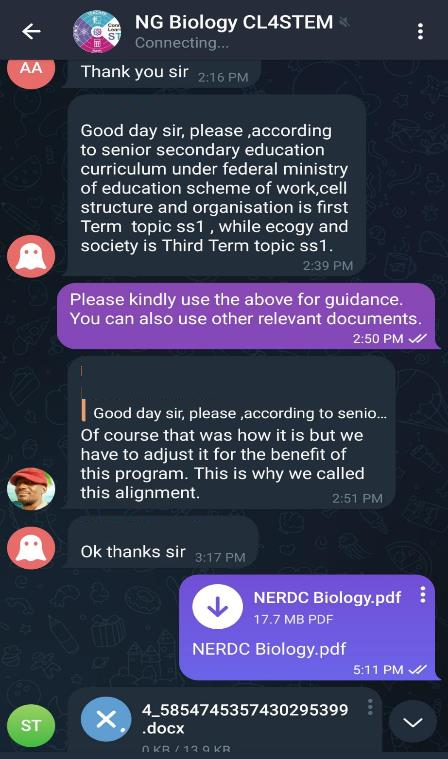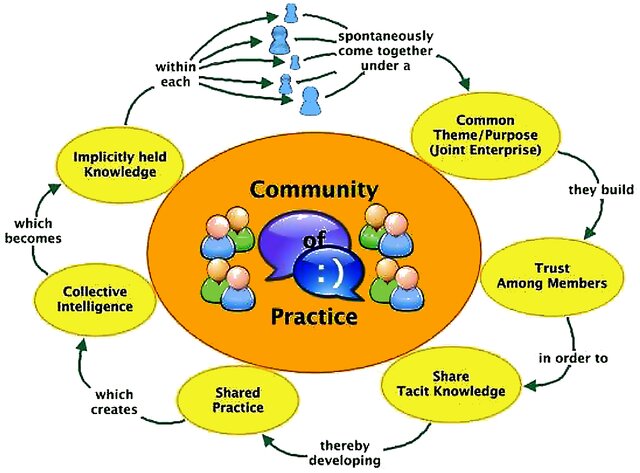Communities of Practice (CoPs) are a gathering of individuals who unite around a common interest or objective, fostering learning by exchanging knowledge, experiences, and problem-solving approaches (Lave & Wenger, 1991). Teacher capacity training through Community of Practice (CoP) is not very common in most Teacher Professional Development (TPD) initiatives, where they exist, little is known about its reality and efficacy – whether it is only better imagined than experience. The CL4STEM initiative incorporates COP in its model for TPD, and it can thus provide a testament to its effectiveness or otherwise. The CL4STEM COPs provide a collaborative space for teachers, aiming to enhance Science and Mathematics education through Higher Order Thinking with Equity and Inclusion (HOTIE), going beyond the conventional professional development models.
For CL4STEM, the dynamic Community of Practice is a hub where teachers engage in a transformative journey, sharing insights, experiences, and knowledge to elevate their teaching practices. With teacher educators as participants, the COPs also give teachers an opportunity to clarify misconceptions and get immediate support and feedback on their practices. The community focused on building robust relationships among teachers, providing them with essential support, resources, and avenues for meaningful social interaction and collaboration.


You may ask, what makes CL4STEM CoP a compelling choice in teacher capacity training? First, it fosters collaboration among secondary school teachers across disciplines, igniting creativity and innovation within classrooms. Our experiences, as captured in this report, demonstrate that it serves as a melting pot of ideas, allowing teachers to learn from both successes and setbacks without the fear of judgment, creating a safe haven for the free exchange of ideas. In addition, CL4STEM CoPs serve as gateways to research-based strategies and best practices, often inaccessible through traditional professional development avenues. By granting teachers access to up-to-date resources, materials, and an online platform for collaboration, CL4STEM ensures educators stay abreast of changes in their field.
However, like any innovative approach, there are challenges. The report suggests that the success of CL4STEM CoPs demands a significant time commitment from participants. Without proper support and motivation, the group’s potential may remain untapped. Voluntary participation can also introduce challenges, potentially leading to uneven representation across schools or districts, creating disparities in access and involvement.
Nevertheless, from our experience, the overall impact of CL4STEM Teacher Capacity Training using Community of Practice remains significant. It offers a tailored approach to professional development, addressing individual needs while fostering a collaborative spirit among teachers. In this light, we posit that CoP is not just a myth or a reality; it is a powerful bridge between the two, providing a tangible and effective avenue for teachers to unlock their social interaction potential that predisposes them to enhanced TPD.
Authors: Dr Yaki Angwal and Abdullahi Abubakar Kawu

